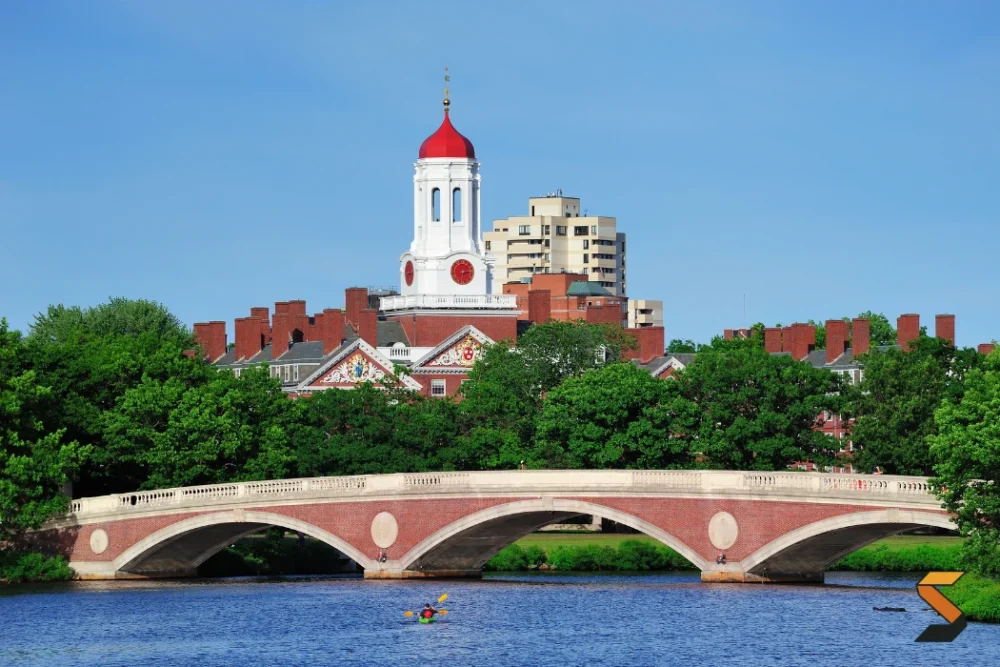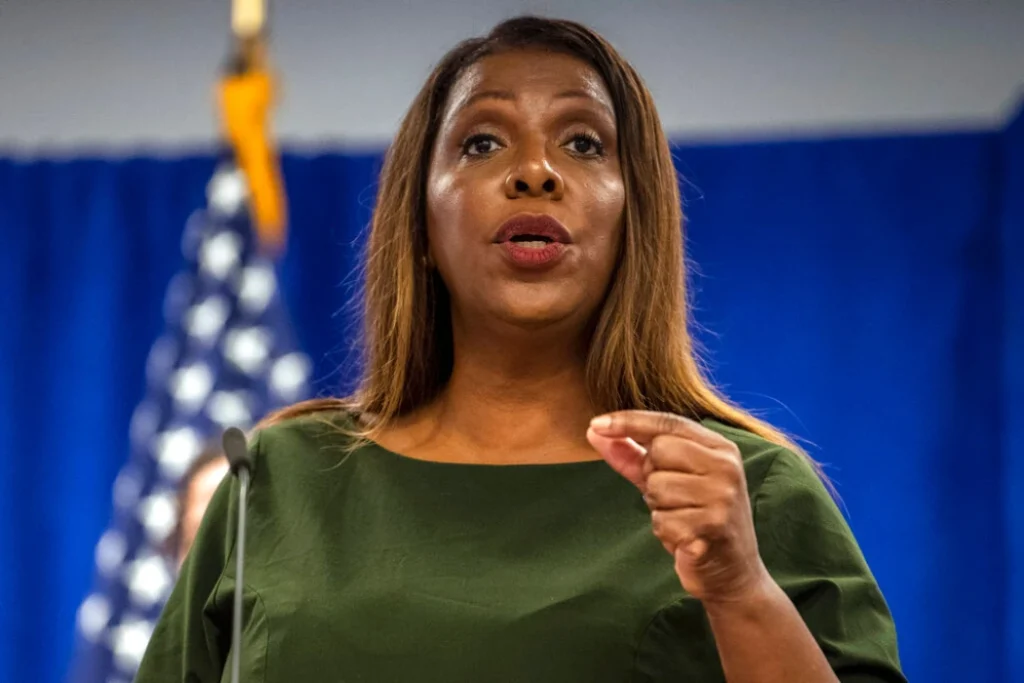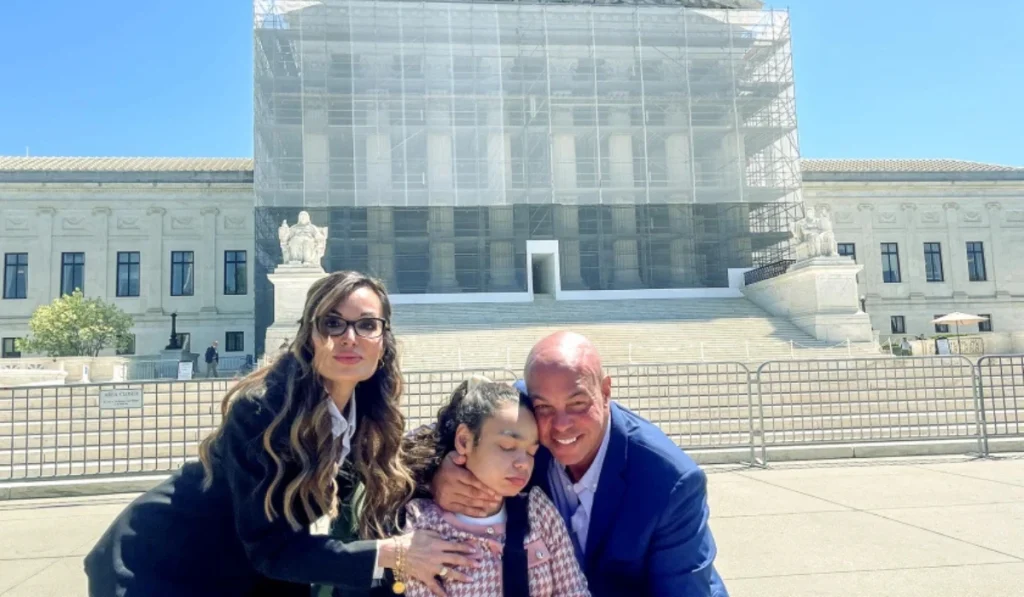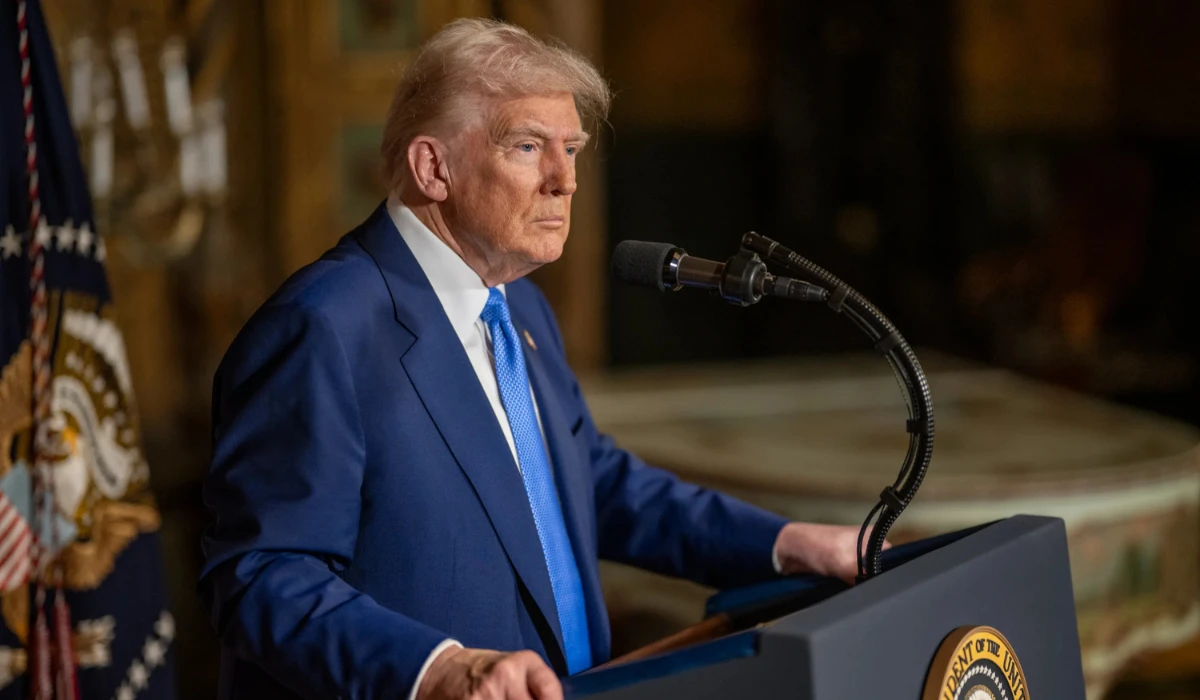In a significant legal development with national ramifications for higher education, Harvard University has successfully obtained a temporary restraining order against a controversial executive order issued by President Donald Trump. The order, signed on June 4, 2025, aimed to block new international students from attending Harvard and threatened to revoke visas for those already enrolled, sparking immediate and widespread alarm across academic institutions.
U.S. District Judge Allison Burroughs, presiding over an emergency hearing in Boston, issued a temporary injunction on Thursday, halting the enforcement of the executive order. Her ruling prevents the Department of Homeland Security and the State Department from carrying out any visa suspensions or denials specifically tied to this proclamation until at least June 20.
“This court cannot be asked to close its eyes to the discriminatory intent and constitutional concerns that underlie this executive action,” Judge Burroughs wrote in her ruling, signaling the gravity of the court’s concerns.
The Trump administration’s executive order raised immediate red flags by explicitly naming Harvard University, a highly unusual move in immigration policy. It sought to restrict F, J, and M visas for any student intending to attend the university and mandated a review of current visa holders for potential revocation.
Harvard’s legal team swiftly challenged the order, arguing it constituted an act of “retaliatory and unconstitutional” overreach. In its court filings, the university contended that the executive action was a direct response to Harvard’s vocal opposition to previous federal attempts to limit its ability to host international students. The legal team asserted that the order violated First Amendment rights, characterizing it as political retaliation disguised as immigration reform. Furthermore, Harvard underscored the “irreparable harm” the order would inflict upon students and faculty, many of whom have already navigated significant travel disruptions and housing instability due.
The repercussions of this case extend far beyond Cambridge, Massachusetts, touching every corner of the nation’s academic landscape, particularly in diverse urban centers. International students at Harvard represent over 25% of its total enrollment, reflecting a broader trend across top U.S. universities. According to the Institute of International Education, international students collectively contributed nearly $38 billion to the U.S. economy in 2024, highlighting their significant financial impact.
Universities nationwide, from New York University (NYU) in our own backyard to Stanford on the West Coast, have expressed solidarity with Harvard, warning that the executive order could establish a perilous precedent for federal interference in academic autonomy.
“Policies that disrupt the flow of global talent into our research institutions threaten not only our academic leadership but also our long-term economic competitiveness,” stated Sarah Iselin, interim president of the Massachusetts Business Roundtable, emphasizing the broader economic stakes.
In New York, a state where higher education stands as one of its largest industries, administrators are closely monitoring the developments. “We are watching the Harvard case closely. It could shape how we support our international students for years to come,” remarked one SUNY chancellor, who requested anonymity due to the political sensitivities surrounding the case. This sentiment echoes concerns among urban parents, educators, and professionals keenly aware of the critical role international students play in enriching our communities and strengthening our institutions.
This is not the first instance of a direct clash between Harvard and the Trump administration. In 2020, during his first term, Harvard successfully joined forces with MIT to challenge an ICE directive that would have forced international students to leave the U.S. if their coursework shifted entirely online due to the pandemic. That controversial policy was rescinded after widespread public outcry and legal pressure.
However, legal scholars note that the 2025 proclamation appears more aggressive, specifically targeting one institution rather than issuing a broad policy. This specificity, they argue, could weaken its legal standing and raise more acute concerns about equal protection under the law.
The temporary reprieve grants Harvard a crucial two-week window to prepare for a more comprehensive hearing, scheduled for June 20. In the interim, international students slated to arrive for summer sessions or the upcoming fall semester are being advised to defer travel plans until further, more permanent clarity is issued by the courts.
Education advocates and civil liberties groups have pledged to continue their unwavering commitment to the fight. “We must protect the rights of students, no matter where they come from,” asserted Barbara Duffield, executive director of SchoolHouse Connection. “This is about more than Harvard. It’s about whether we believe in education without borders.”
As this high-stakes legal showdown unfolds, all eyes remain fixed on the judicial system. Harvard has secured an initial victory, but the broader battle for academic freedom and the continued welcome of international talent in the face of political challenges is far from concluded.





